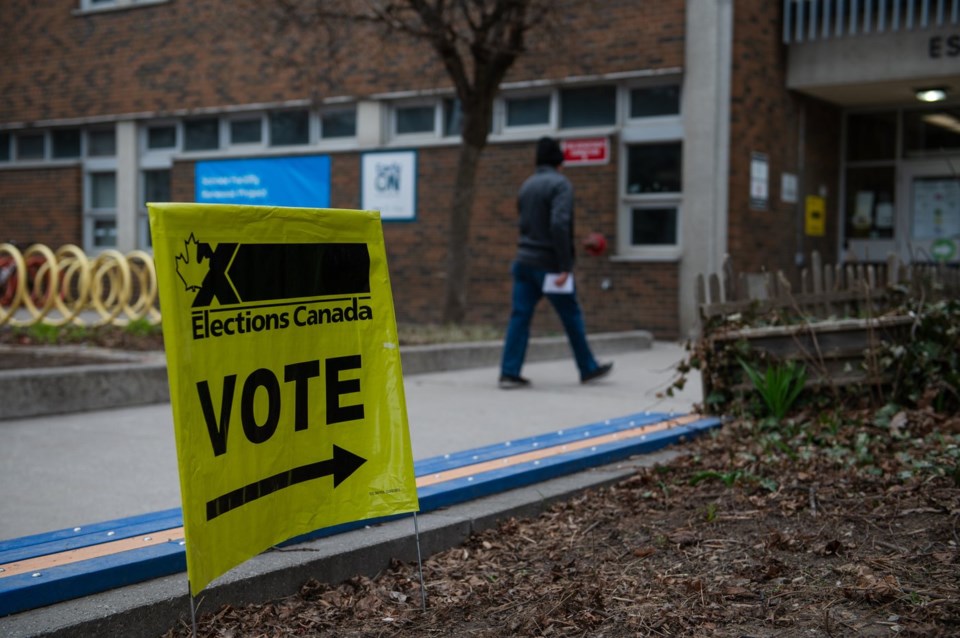Poilievre Vows to Reverse Single-Use Plastics Ban, Including Straws and Utensils
Conservative Party leader Pierre Poilievre has pledged to reverse the federal ban on single-use plastics if elected Prime Minister, targeting items such as plastic straws, cutlery, bags, and takeout containers. The move marks a significant policy shift from the Trudeau government’s environmental measures and appeals to businesses and consumers frustrated by the existing regulations.
During a recent press conference, Poilievre criticized the current Liberal government’s ban, calling it “ideologically driven” and “harmful to Canadian families and small businesses.” He argued that the ban has increased costs for consumers, made daily conveniences more difficult, and burdened restaurants and retailers with additional expenses.
“The common-sense Conservatives will axe the ban on straws, forks, and other single-use plastics,” Poilievre declared. “Canadians are tired of being lectured and penalized for using products that are practical, affordable, and recyclable.”
The single-use plastics ban, introduced by the Liberal government in 2022, targeted items deemed harmful to the environment and difficult to recycle. The policy was part of Canada’s broader effort to achieve zero plastic waste by 2030. Items included in the ban were plastic grocery bags, straws, stir sticks, cutlery, six-pack ring carriers, and certain types of takeout containers.
Critics of the ban argue that the alternatives — often paper or biodegradable materials — are more expensive, less durable, and sometimes not as environmentally friendly as portrayed. Some restaurant owners and small business operators have also expressed frustration, saying the transition has been confusing and costly.
Environmental groups have condemned Poilievre’s promise, warning that rolling back the ban would be a step backward in the fight against plastic pollution. According to a report from Environmental Defence, over 3 million tonnes of plastic are discarded in Canada annually, with only 9% being recycled. The rest ends up in landfills, waterways, or as litter, contributing to long-term ecological damage.
However, Poilievre maintains that the solution lies in better recycling technology and policies that support innovation rather than restriction. “We need a government that focuses on results, not virtue-signaling,” he said. “Canadians deserve real solutions, not more bureaucracy.”
Poilievre’s position is expected to resonate with conservative voters and industry stakeholders but will likely face fierce opposition from environmentalists and progressive groups. As the next federal election approaches, the debate over plastics policy could become a key issue dividing the political landscape.
Source : Swifteradio.com


